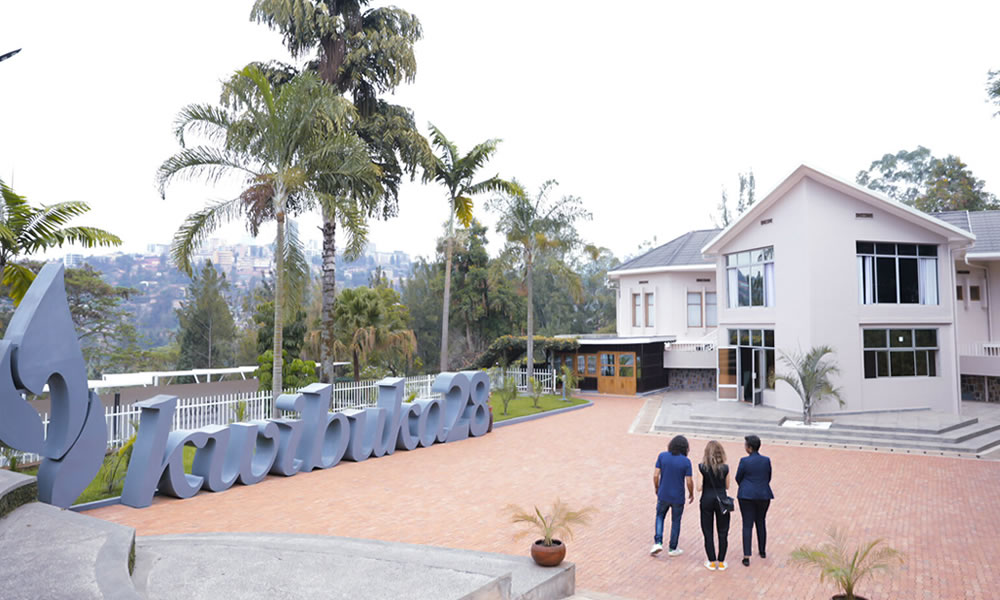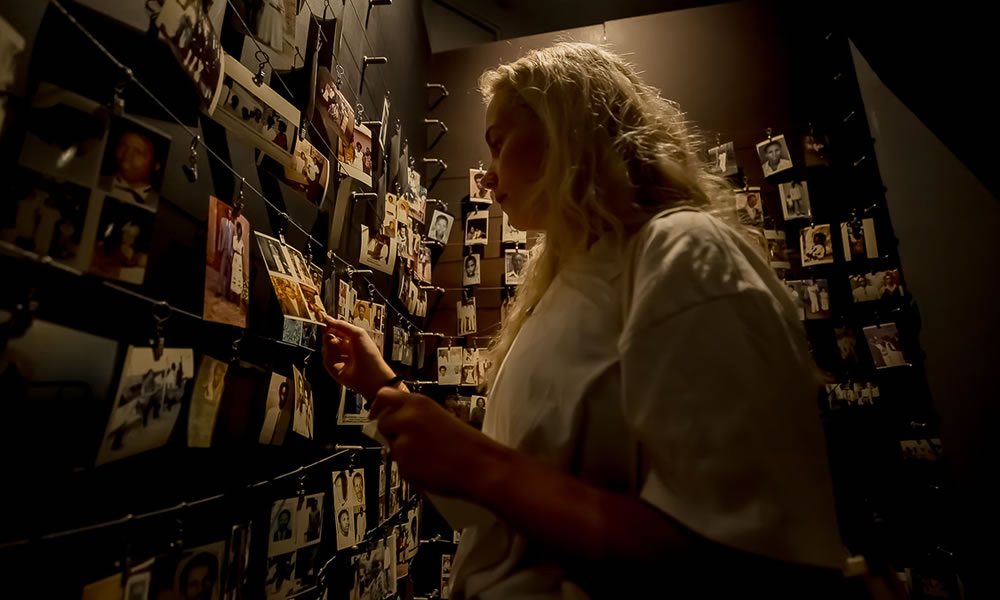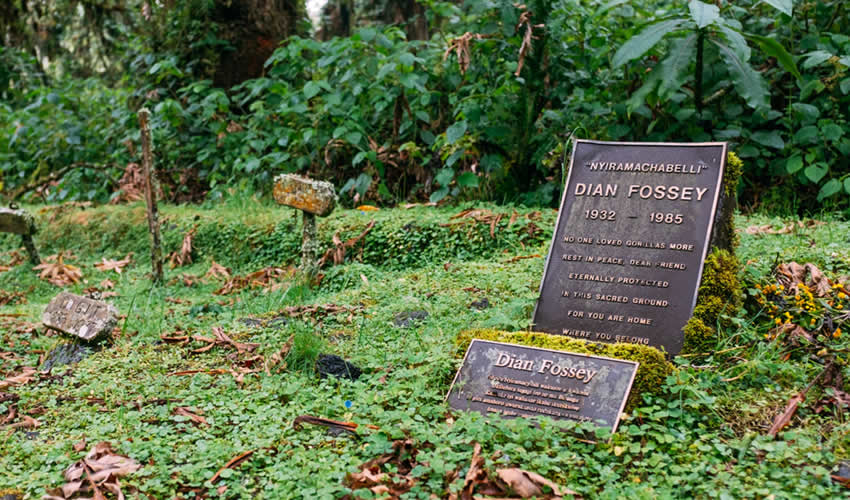Visiting the Kigali Genocide Memorial in Rwanda

The Kigali Genocide Memorial is the final burial place for 250,000 Tutsi victims of the genocide. It also acts as a driving force behind Rwanda‘s incredible journey towards reconciliation and recovery. The Kigali Genocide Memorial remembers the victims of Rwanda’s Tutsi genocide by serving as a place of memory and education. It offers visitors a meaningful experience that promotes peace and reconciliation via education.
The Kigali Genocide Memorial at Gisozi, which opened its doors in 2004, is the final resting place for almost 250,000 victims of the Tutsi Genocide. This memorial also examines the genocides of the 20th century and provides background information on the Tutsi Genocide.
The centre features a variety of exhibit areas featuring images of survivors, genocide perpetrators, reconciliation attempts, and the skulls of survivors together with their personal possessions. Photographs and descriptions of genocides around the world are shown in another area, demonstrating that this is a global issue that should never be allowed to recur. Survivors and bereaved families can “re-connect” in the garden and several mass graves located outside the structure. Because it’s close to the city centre, you can include this on your agenda for the Kigali city tour.
The wall of names honours individuals who have passed away and is a work in progress. Many of the victims who are buried there are unknown, and many of their names have not yet been collected and recorded. There is a peaceful area to reflect on the history of the Tutsi Genocide in the memorial gardens. They provide guests a chance to consider how everyone of us bears a personal duty to stop prejudice and mass murder.

When visiting the Kigali Genocide Memorial grounds, you can also check out the library, which houses all of the Genocide archives, the café, the gift shop and the lovely, peaceful gardens. These features offer a peaceful atmosphere for visitors to consider the Genocide against the Tutsi and pay tribute to the lives lost in order to stop such atrocities.
The Rwanda Genocide Memorial, which includes memorial gardens, educational facilities, exhibitions, and the Genocide Archive of Rwanda, is an important part of Rwandan national, social, and cultural identity. It serves as a centre for survivor recollection and education for the younger generation as well as the larger Rwandan community. Additionally, it is a resource for learning that is extremely pertinent to the global society as policymakers work to enhance the efficacy of preventative measures and the way in which they respond to mass atrocities.
In order to see other well-known landmarks like the Campaign against Genocide Museum and Camp Kigali Museum, most visitors to the Kigali Genocide Memorial grounds do so while on a Kigali city tour. If you are interested in learning more about the history of the 1994 Rwanda Genocide, you can combine your visit to the Kigali Genocide Memorial with visits to other memorial centres around the nation, like the Nyamata and Ntarama Genocide Museums, among others.
Opening Hours
The Kigali Genocide Memorial is open seven days a week from 9:00 am to 5:00 pm (last admission is at 4:00 pm). Because to Umuganda community work, the Memorial is open on the last Saturday of every month from 1:00 pm to 5:00 pm. Every year on Christmas Day and New Year’s Day, the Memorial is closed. Every year on April 7th, the morning of Kwibuka, it is likewise typically closed to the public. On occasion, when VIP visits are scheduled, the Memorial is abruptly closed to the public for a few hours.
How to Get There
The Memorial is located at Gisozi, which is ten minutes’ drive from the town core. By automobile or taxi is the most convenient method to get here. There is no cost to park at the Memorial lot. If you’re taking public transportation, the closest bus station is at Kinamba on KN 8 Avenue, which is half a mile away. Take the fork into KG 14 Avenue and head up the hill from the bus stop. The Memorial will be visible to your left.



